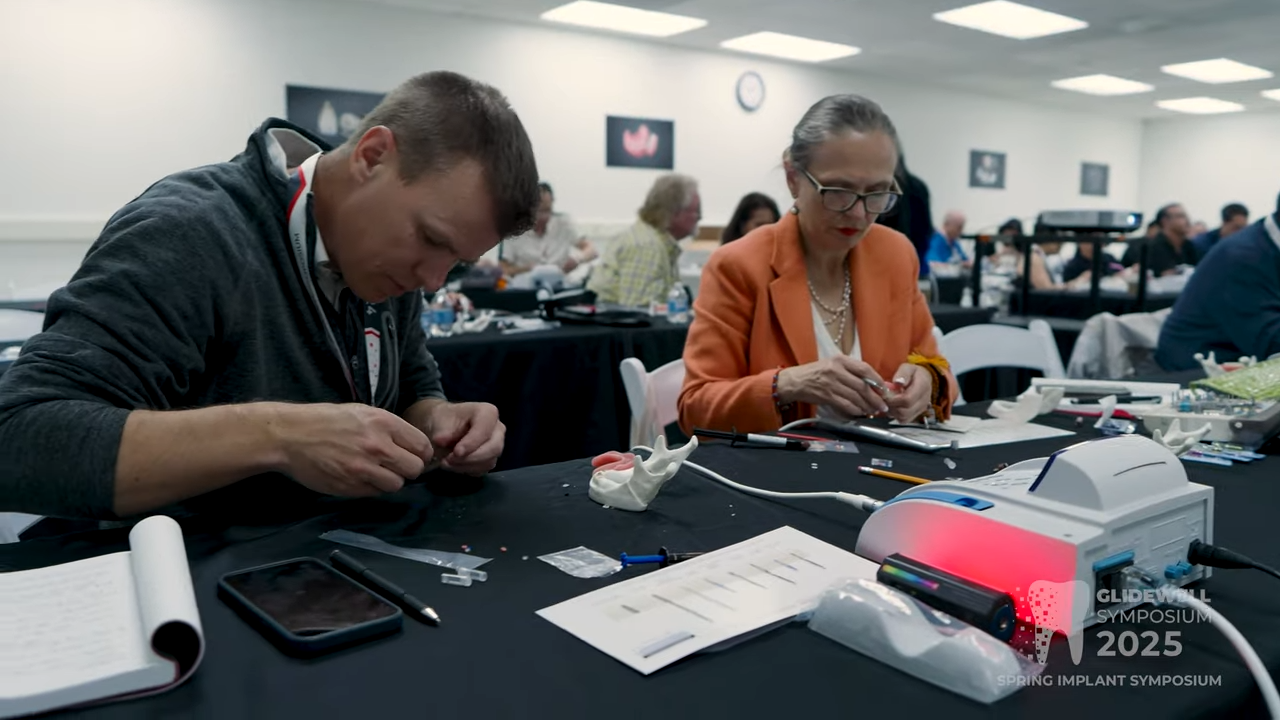 In an ideal practice, patients make their appointments, show up for them, and pay for them. A simple concept, yet one that goes unachieved in many, if not most, practices. How much happier would the entire staff be if, upon reviewing the schedule, they were confident that the patients would indeed show up and payments were not an issue? If you don’t think these issues are part of the practice of dentistry, think again. Once again we have to look at models from other businesses to find the answers.
In an ideal practice, patients make their appointments, show up for them, and pay for them. A simple concept, yet one that goes unachieved in many, if not most, practices. How much happier would the entire staff be if, upon reviewing the schedule, they were confident that the patients would indeed show up and payments were not an issue? If you don’t think these issues are part of the practice of dentistry, think again. Once again we have to look at models from other businesses to find the answers.
WHAT ARE WE REALLY SELLING?
I have asked colleagues this question, and rarely do I get the correct answer. We are not selling bridges, veneers, or even smiles or the ability to chew. The first two are our products, and the latter two are the benefits of the products to our patients, but that is not what we are really selling. We are really selling our time! We use time to produce the products and provide the benefits. The products and the benefits, however, can be achieved at a later date, but the time once lost cannot be recovered.
“Oh, okay, that’ll be fine. We look forward to seeing you.”
PROPER HANDOFF: THE KEY TO AVOIDING CANCELLATIONS AND RECEIVING PAYMENT FOR TREATMENT APPOINTMENTS
Cancellations and no-shows can be reduced to a bare minimum on treatment appointments as well, by using deposits and effective handoffs from back office personnel to the front office. F
or example, consider the scenario of a patient requiring a crown for a decayed tooth, at a fee of $1,200. The treatment has been discussed at the chair and supposedly agreed to. Your assistant escorts the patient to the front desk. The following verbal skills should be used when handing the patient off to the appointment secretary.
Handoff completed, it is now the front desk’s turn to carry the ball. The verbal skills for the front desk personnel are equally as precise, and should continue like this:
CONCLUSION
Uncommitted patients are often patients who don’t show up. By securing a deposit for future treatment, no-shows and cancellations can be reduced to a “non-factor” in your office. Combine this with proper verbal skills, and accounts receivable can be eliminated, or at the very least greatly reduced. This policy can be intimidating to implement. It requires rehearsing the necessary verbal skills over and over with frequent role playing. Those offices with the mettle to accept this paradigm shift will benefit from greatly reduced no-shows, accounts receivable, and stress.
Dr. Barotz has a cosmetic/restorative fee-for-service practice in Denver, Colo. He has published in the Journal of the Colorado Dental Association, Crown Council News, and The Profitable Dentist. He has been interviewed for two monthly audiotape series, sponsored by The Profitable Dentist and The Richard Report. He can be contacted at (303) 595-4994 or drbarotz@barotzdental.com.




